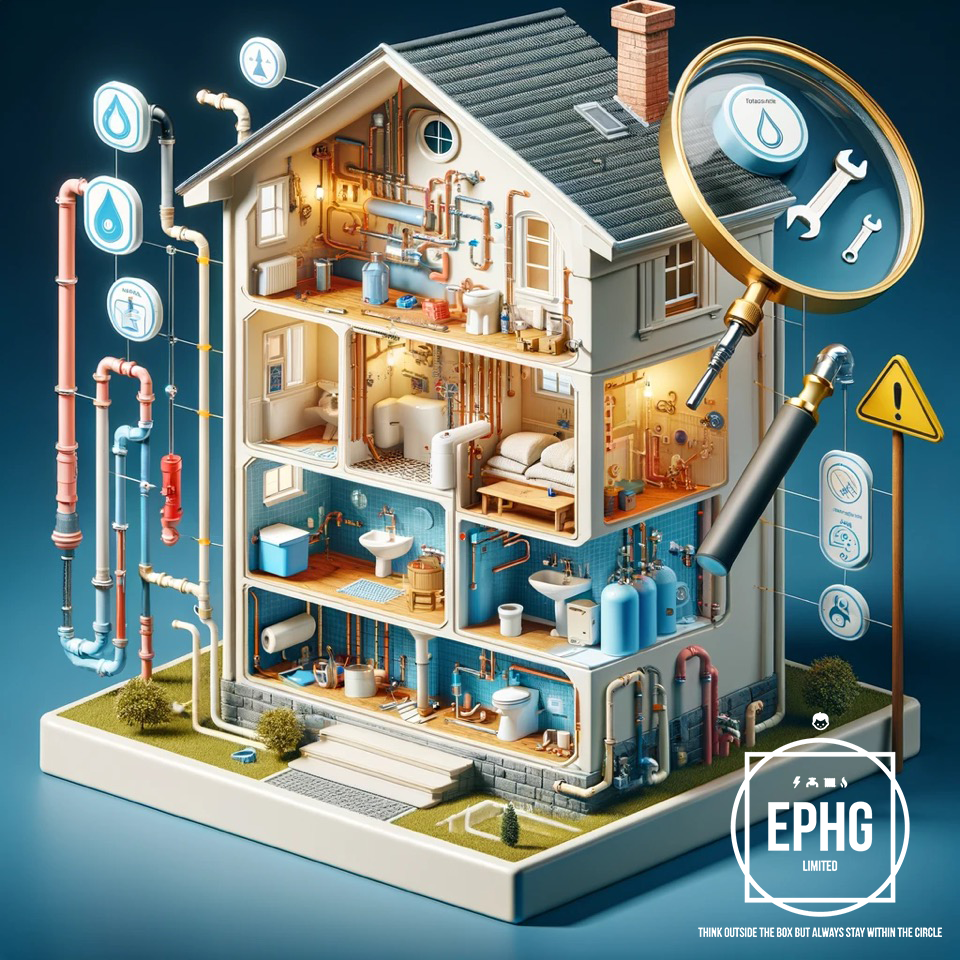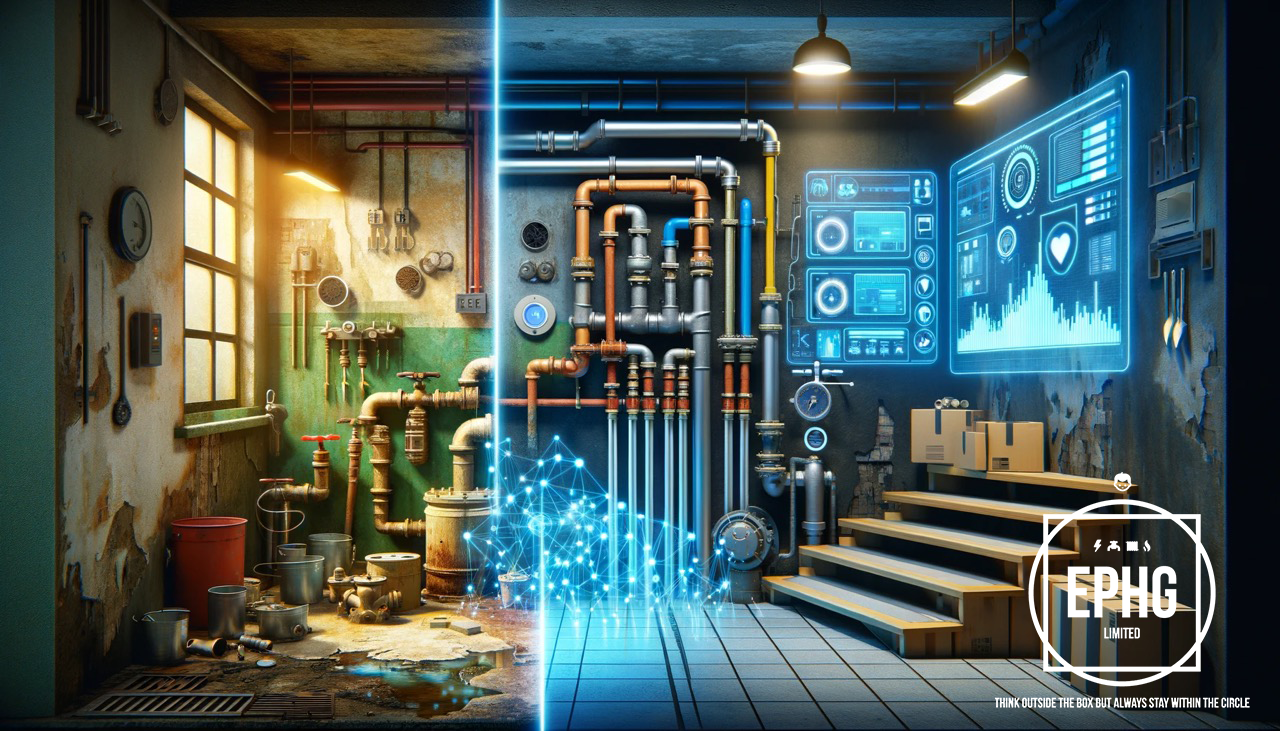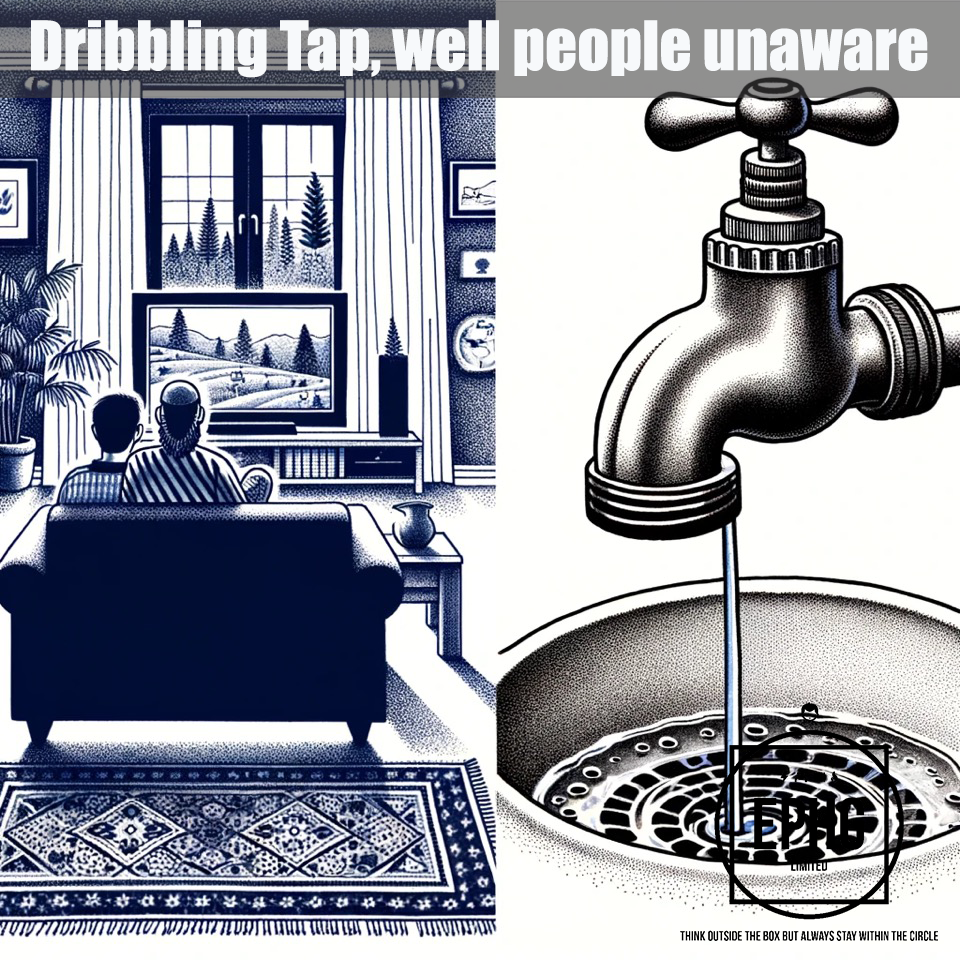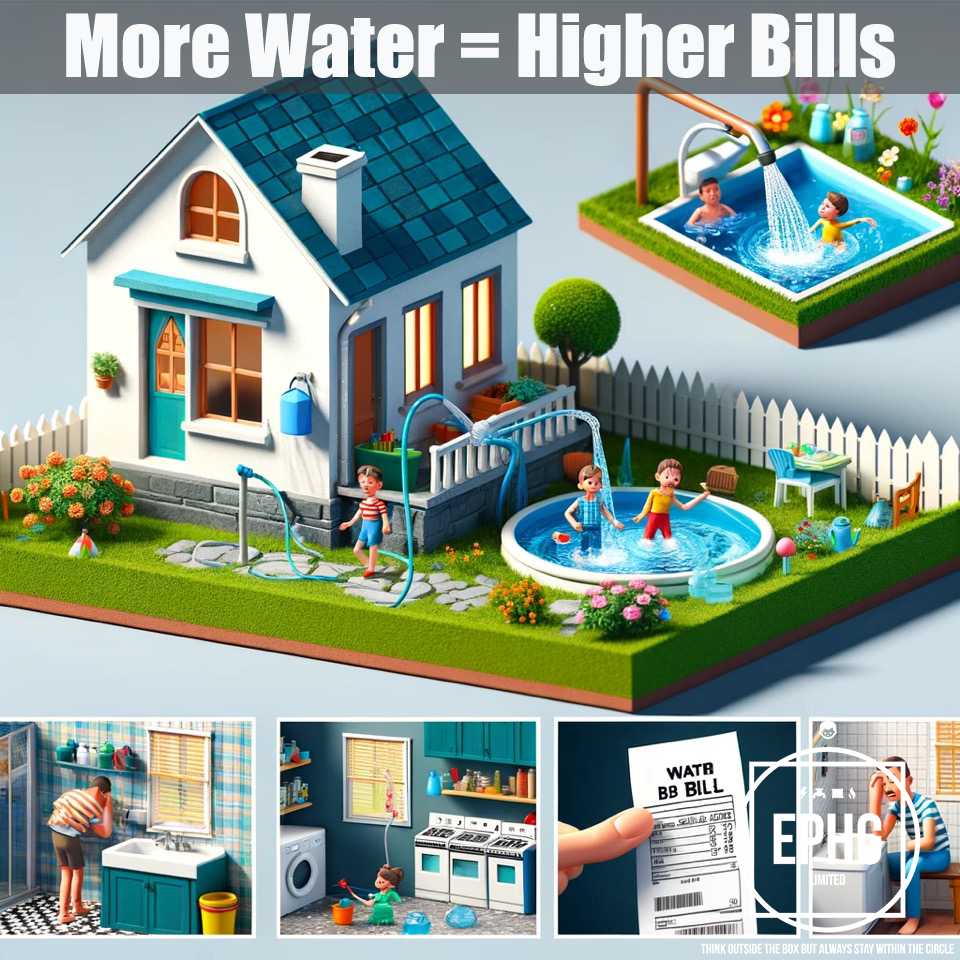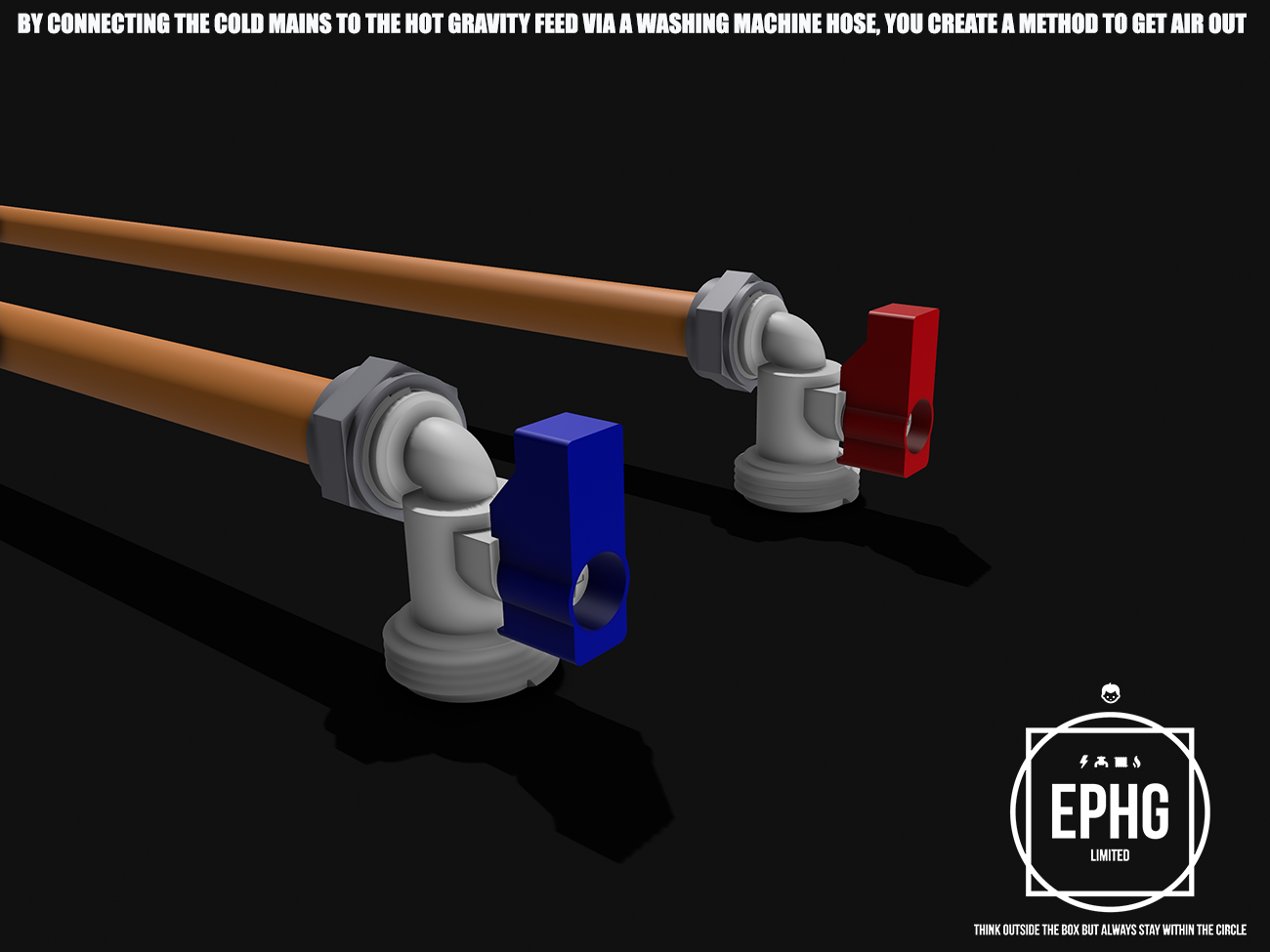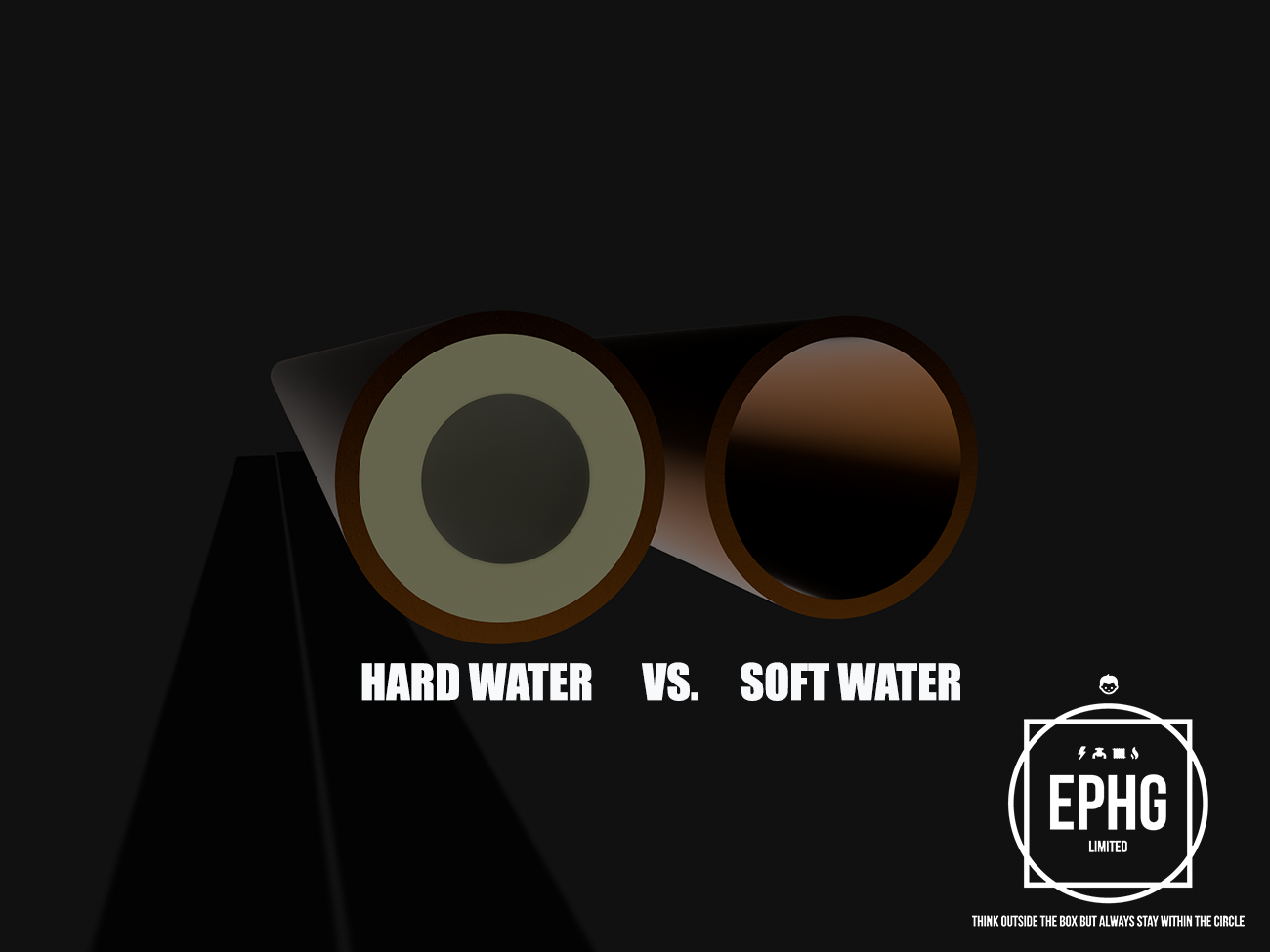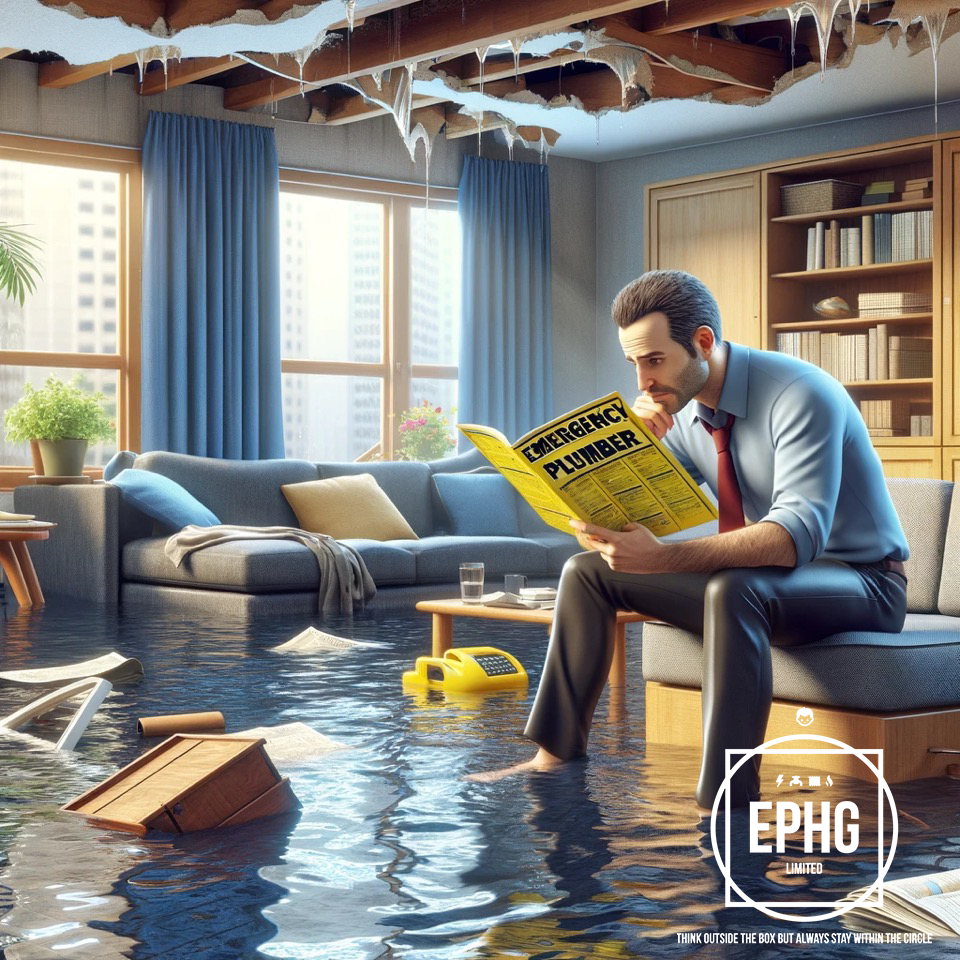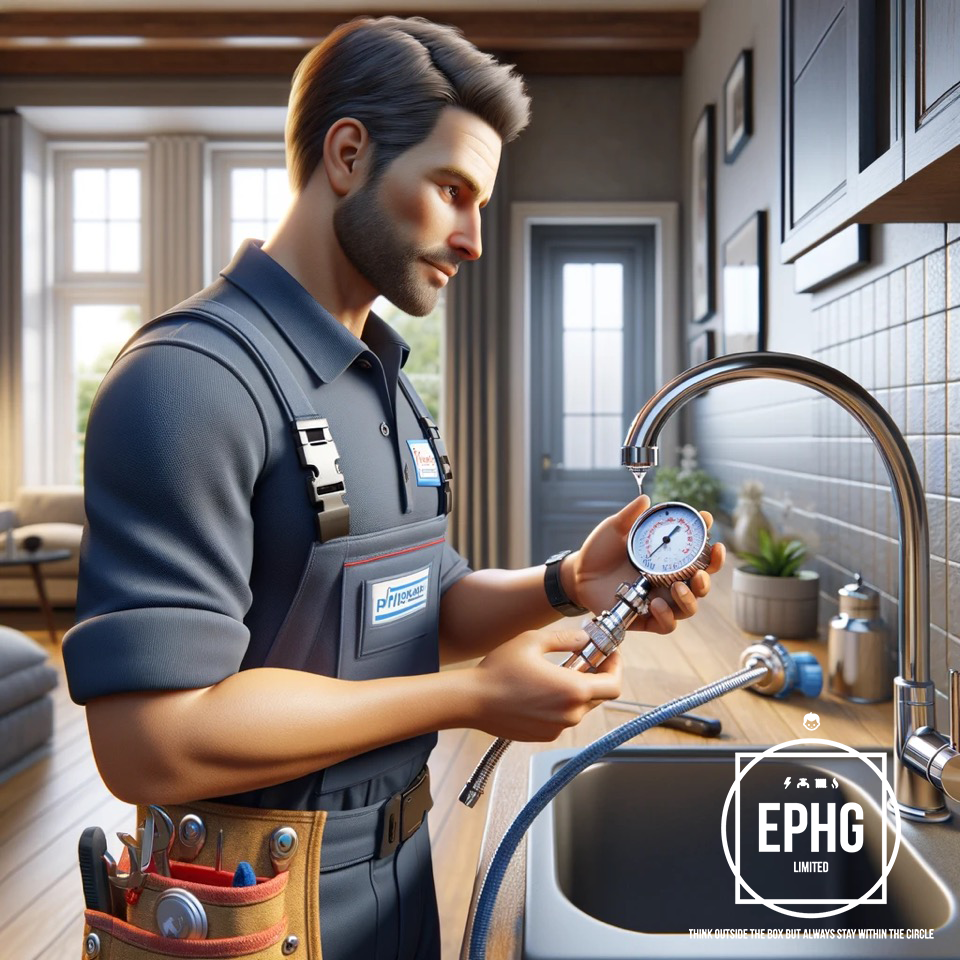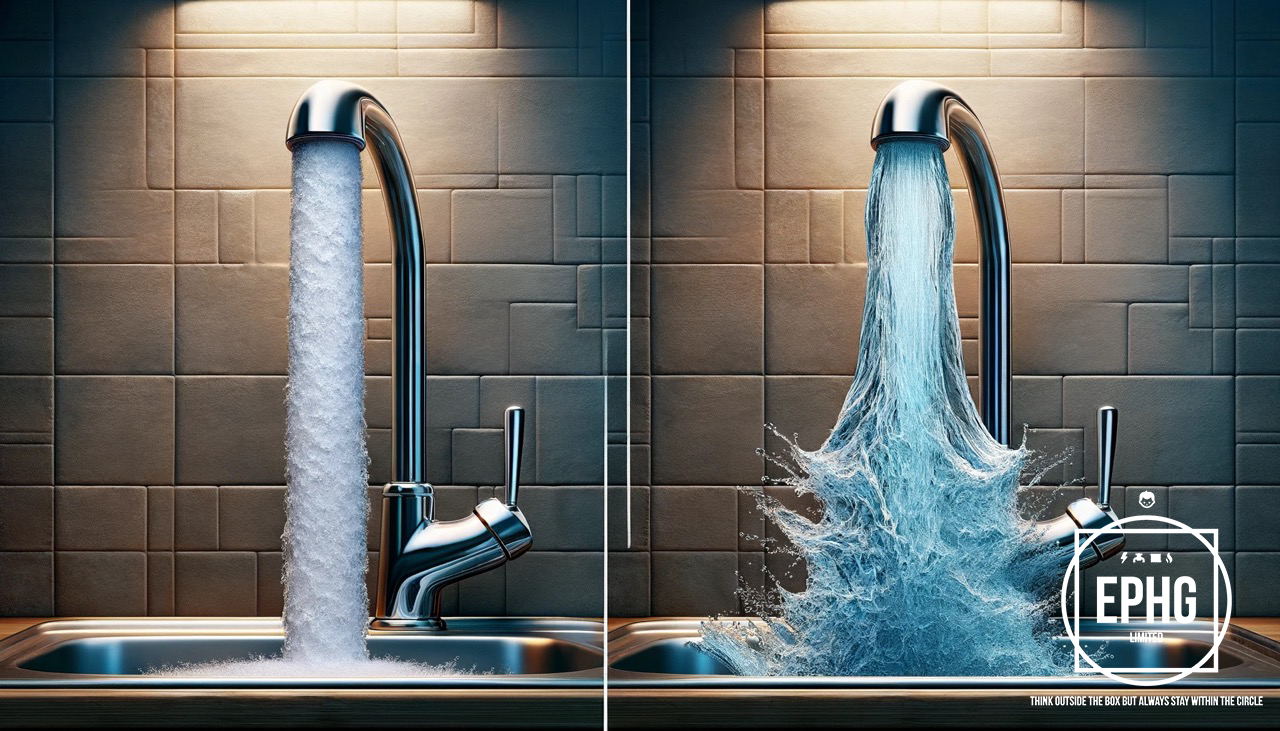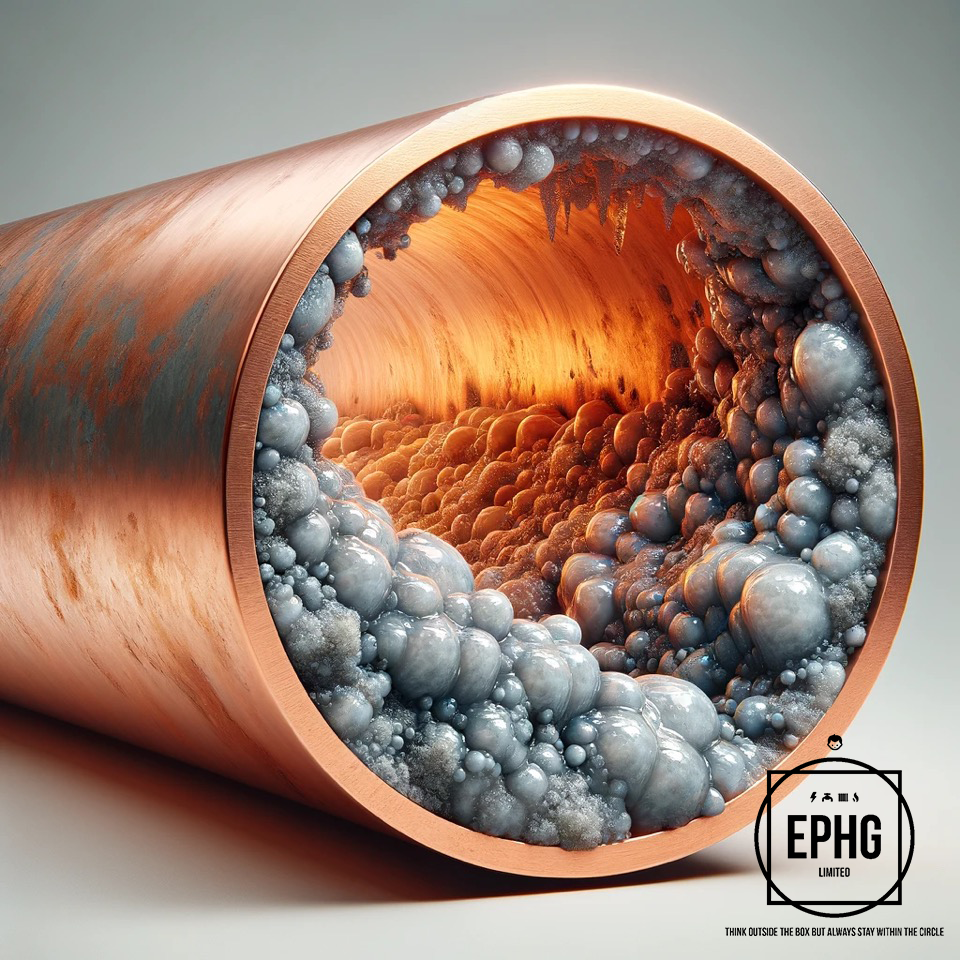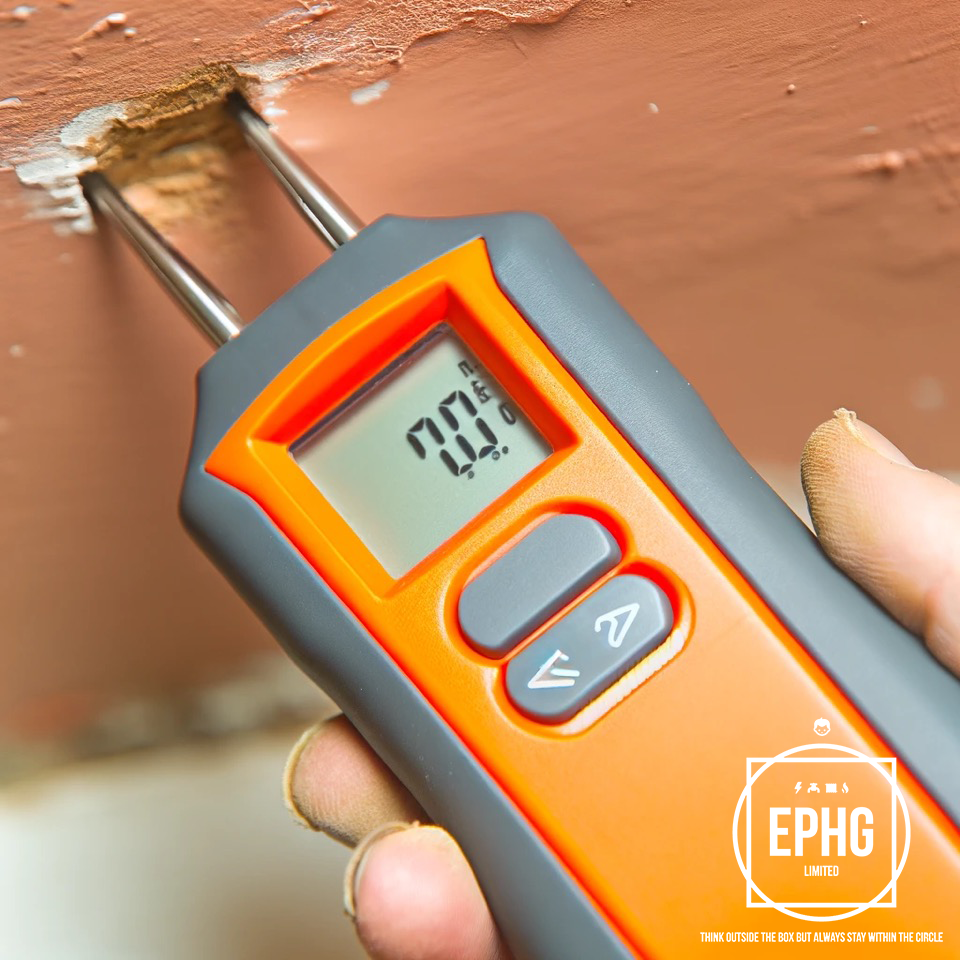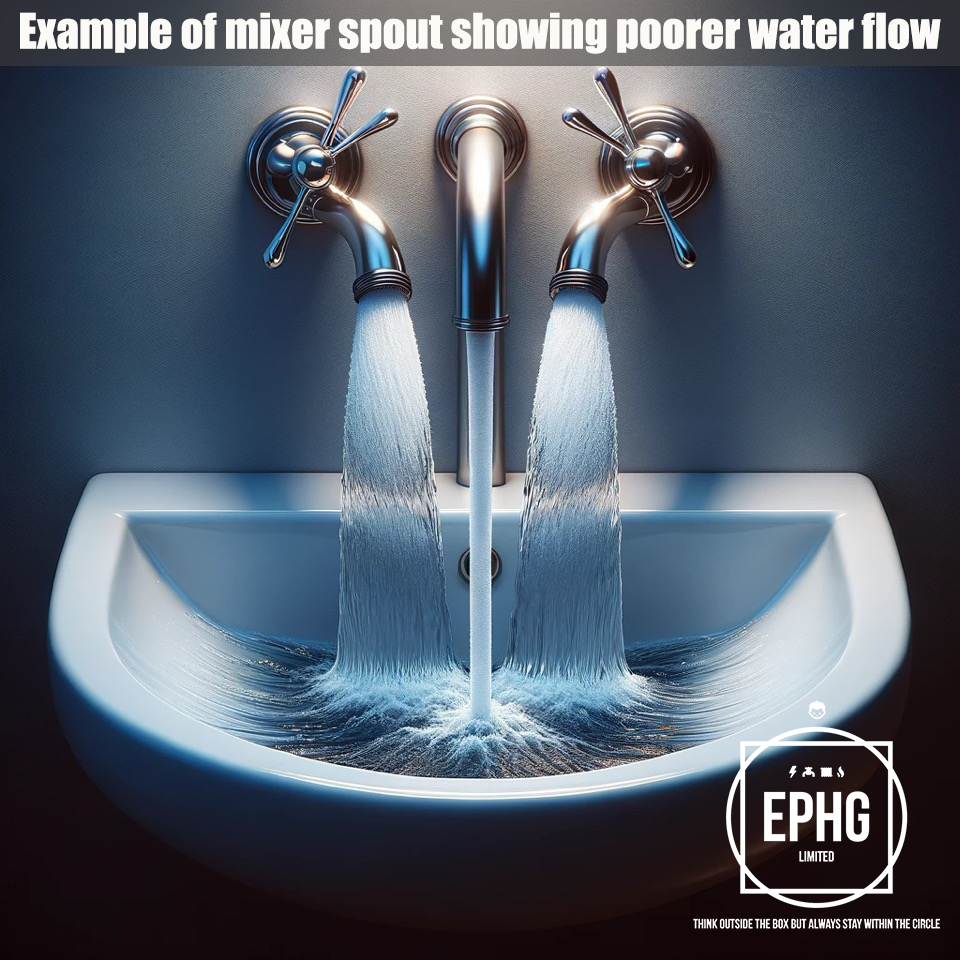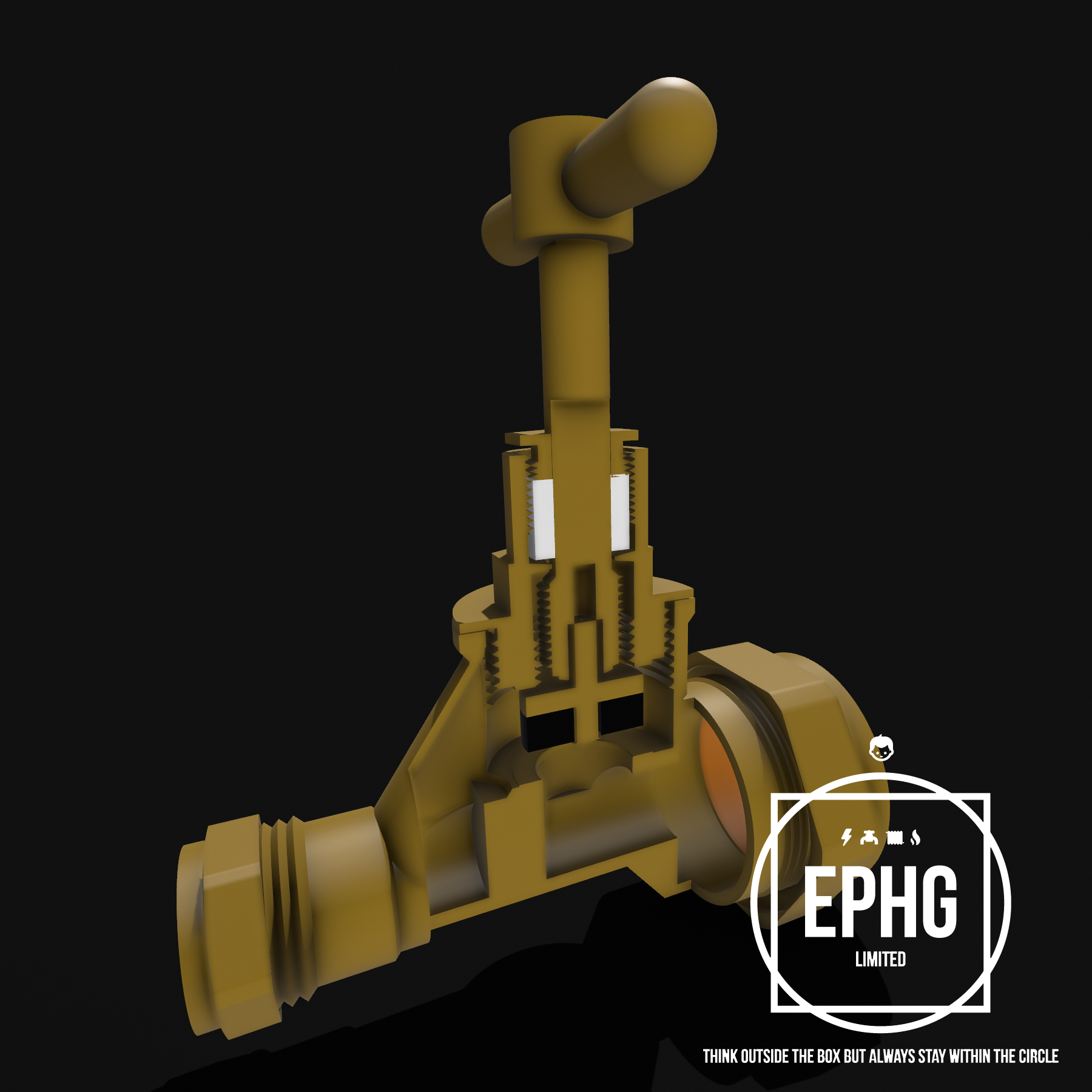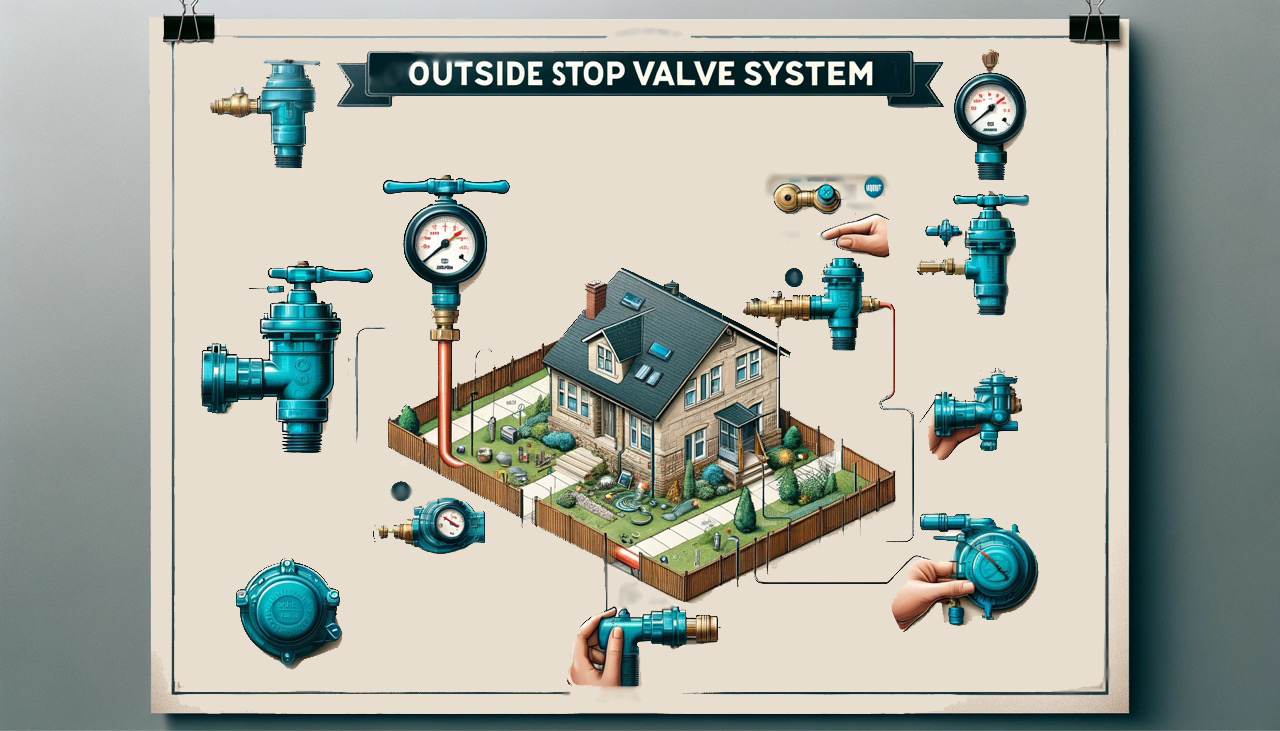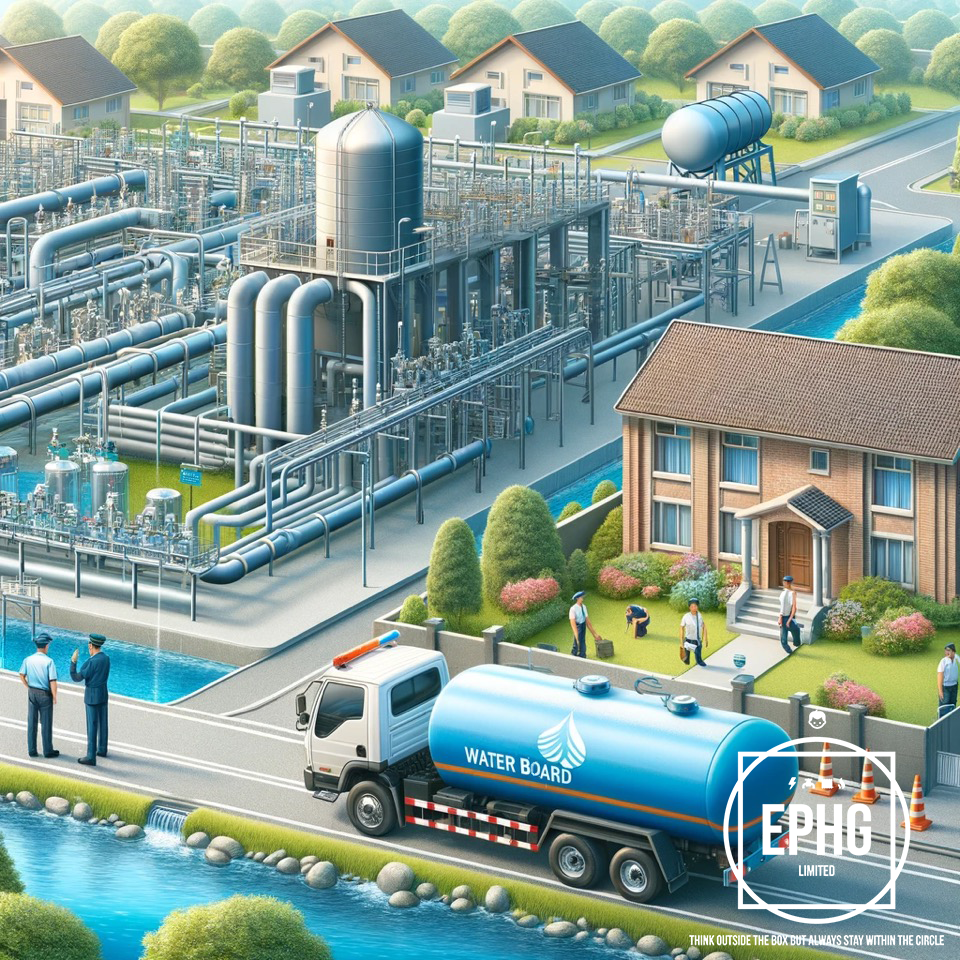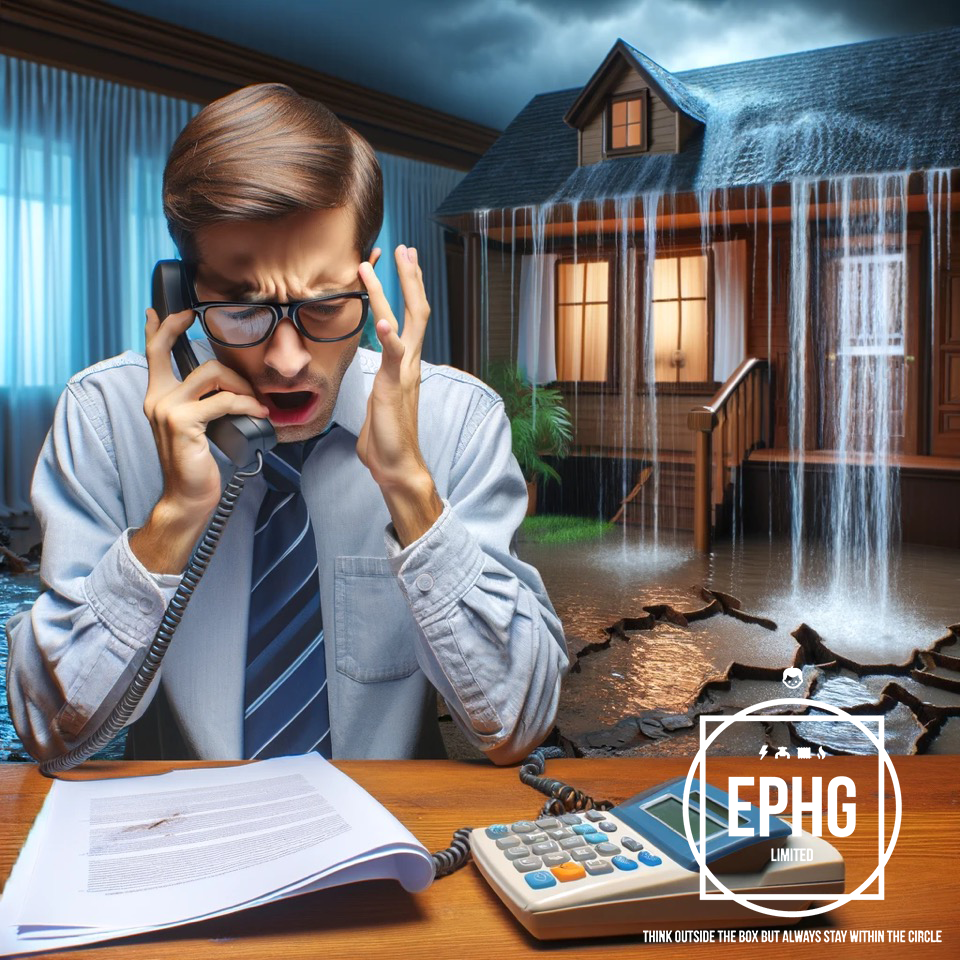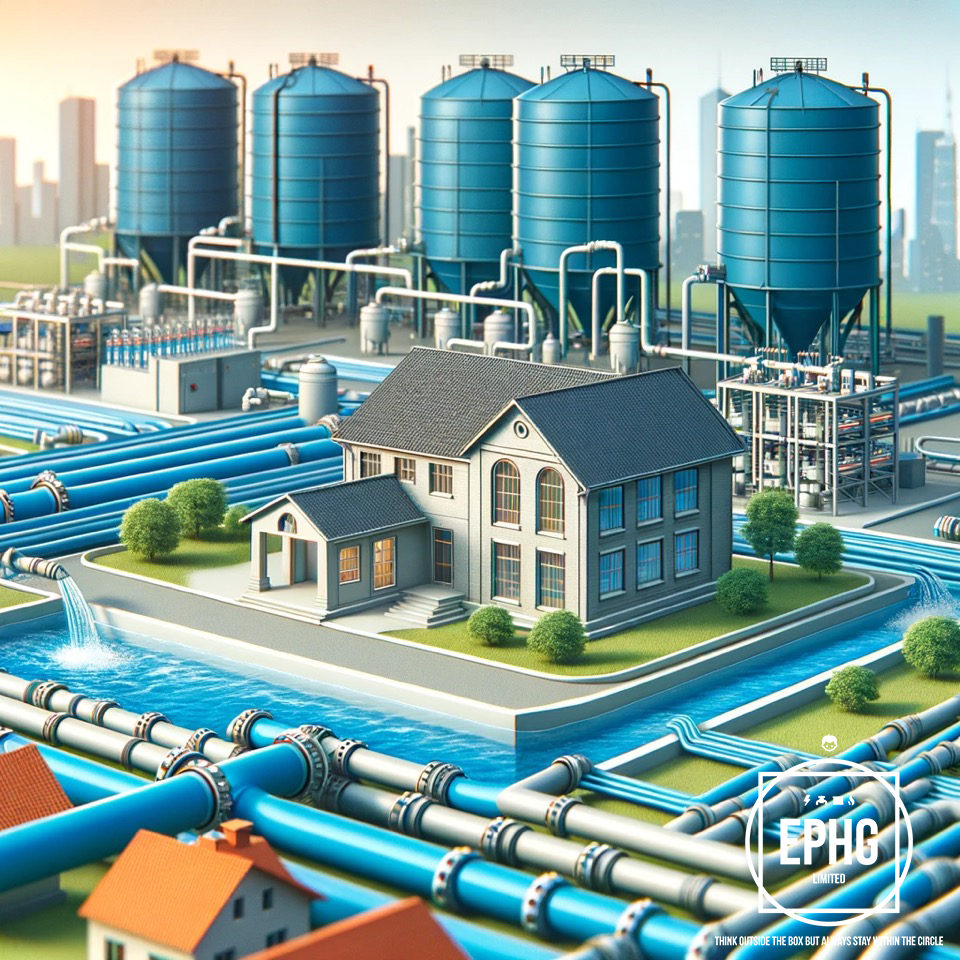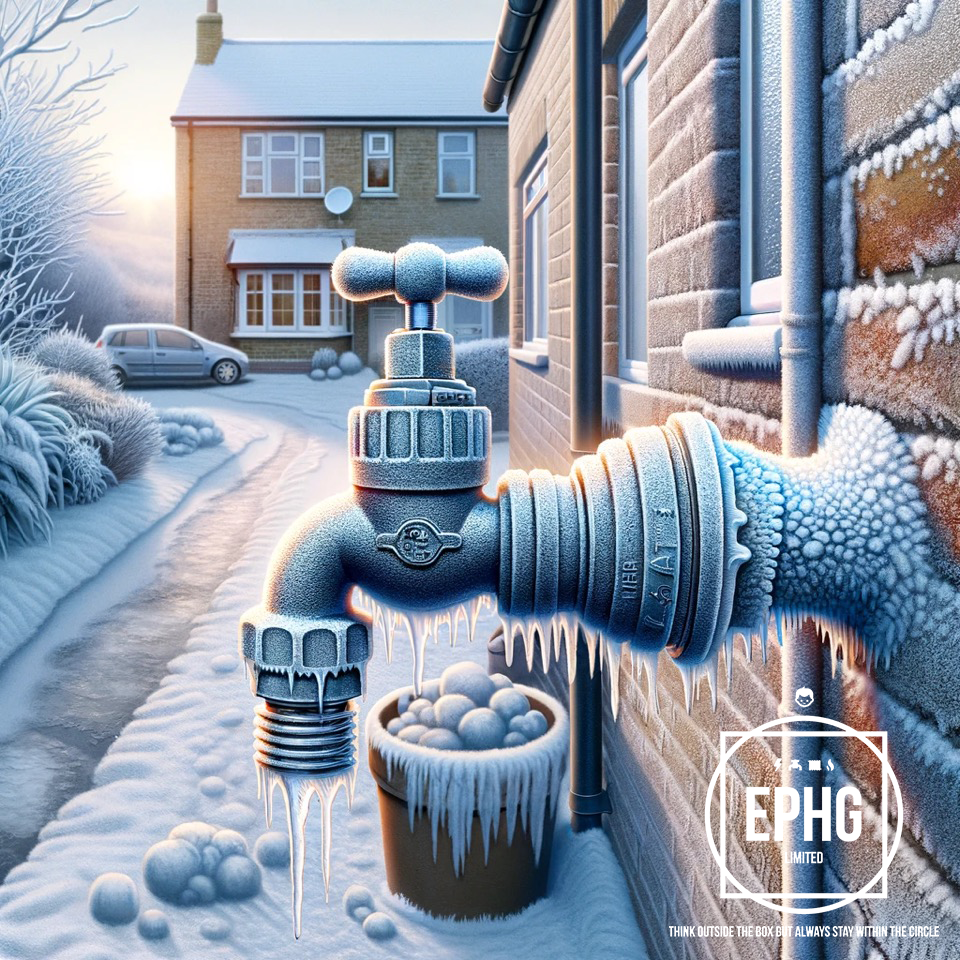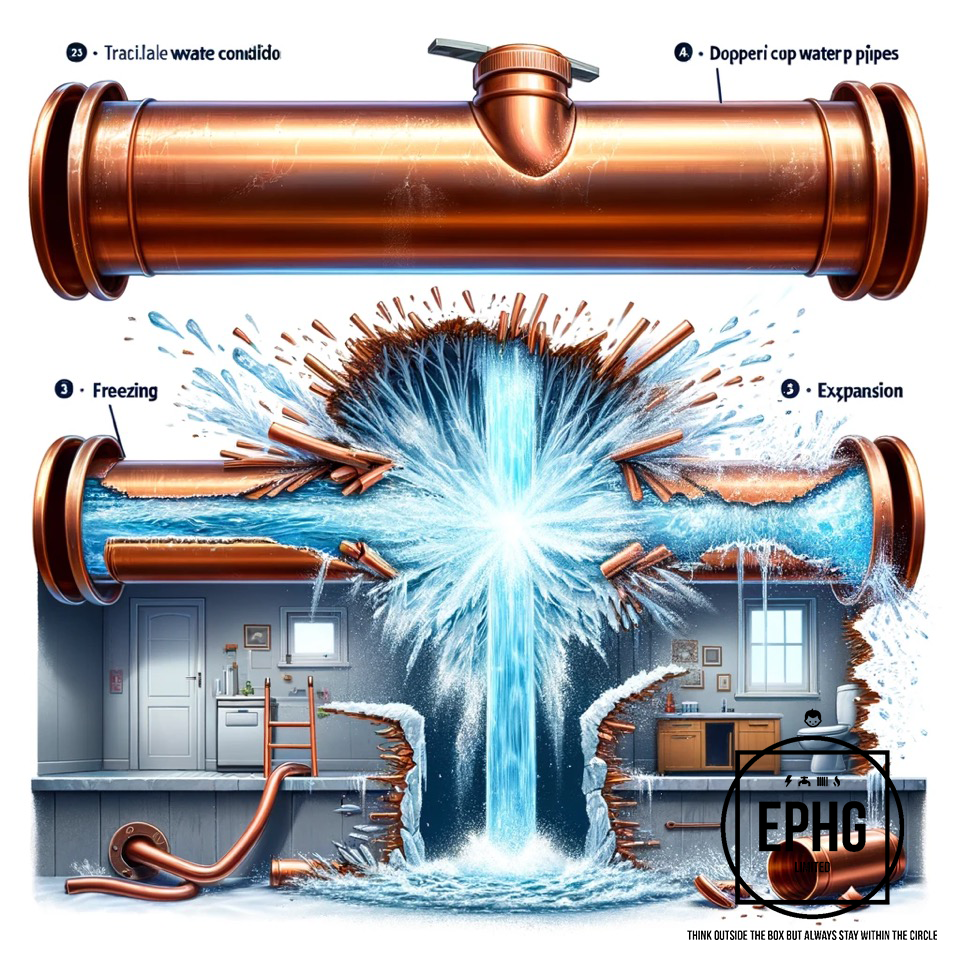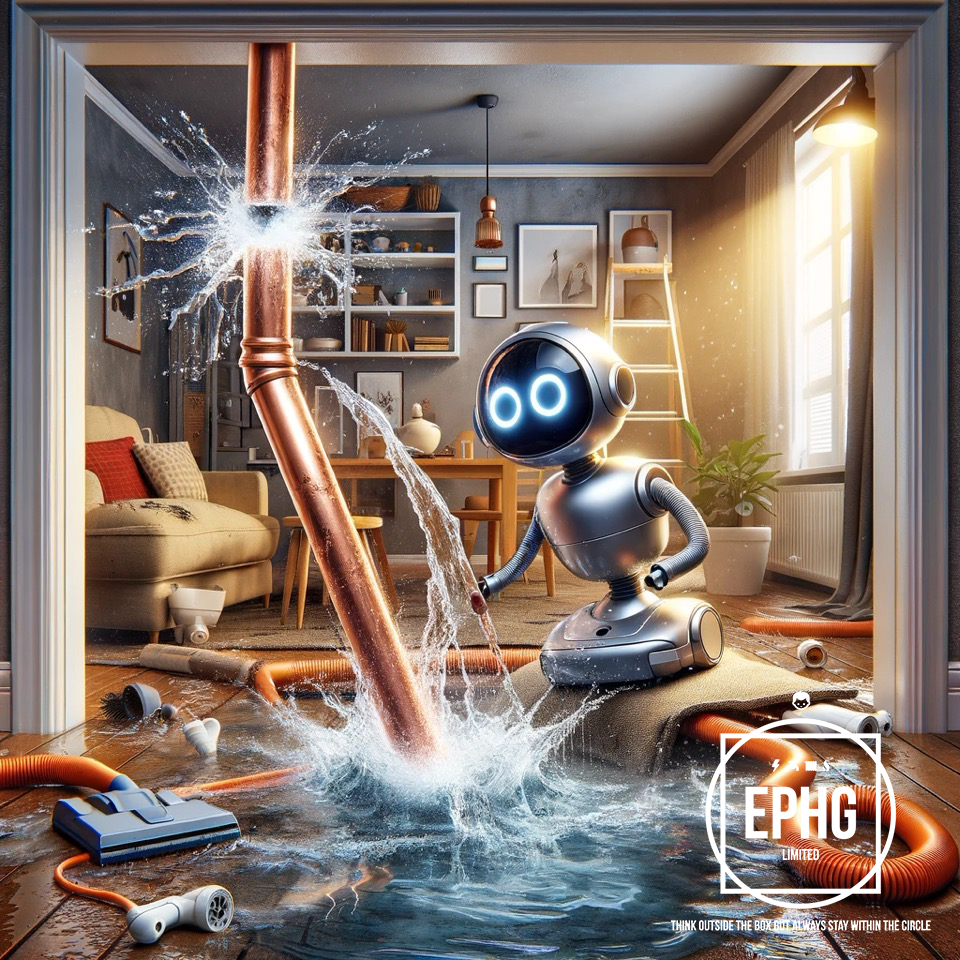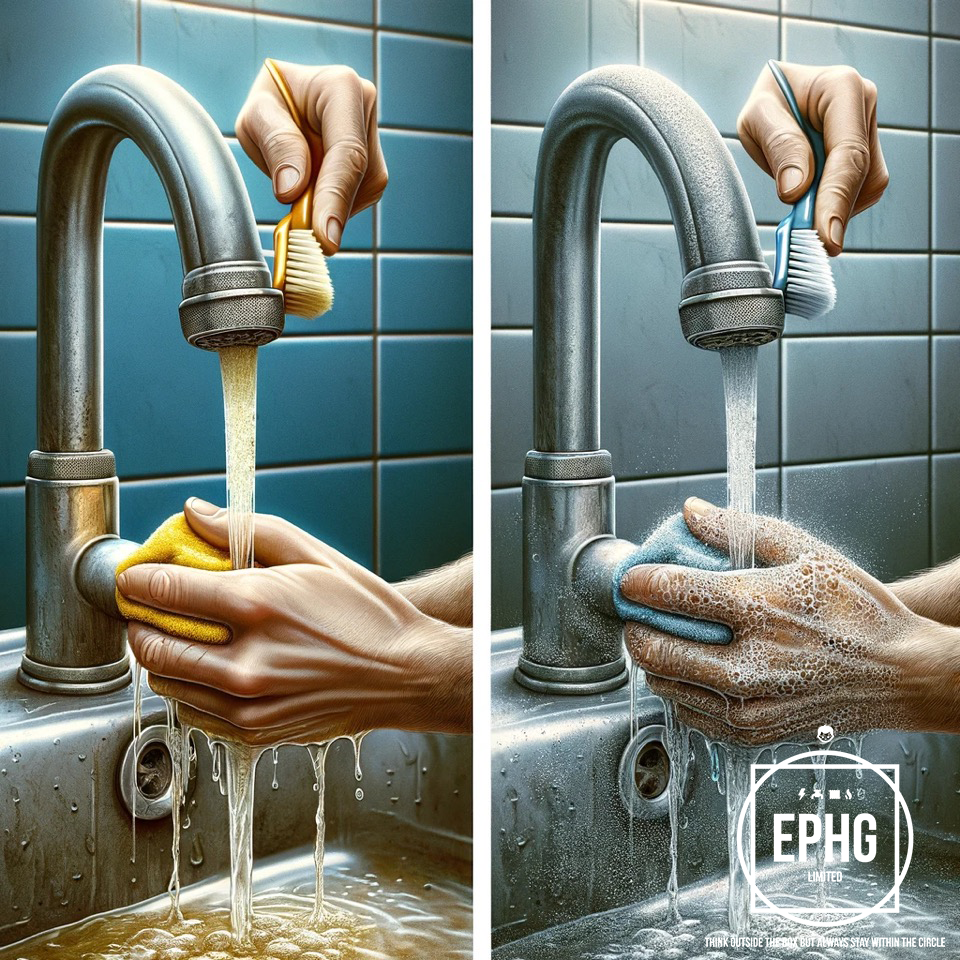
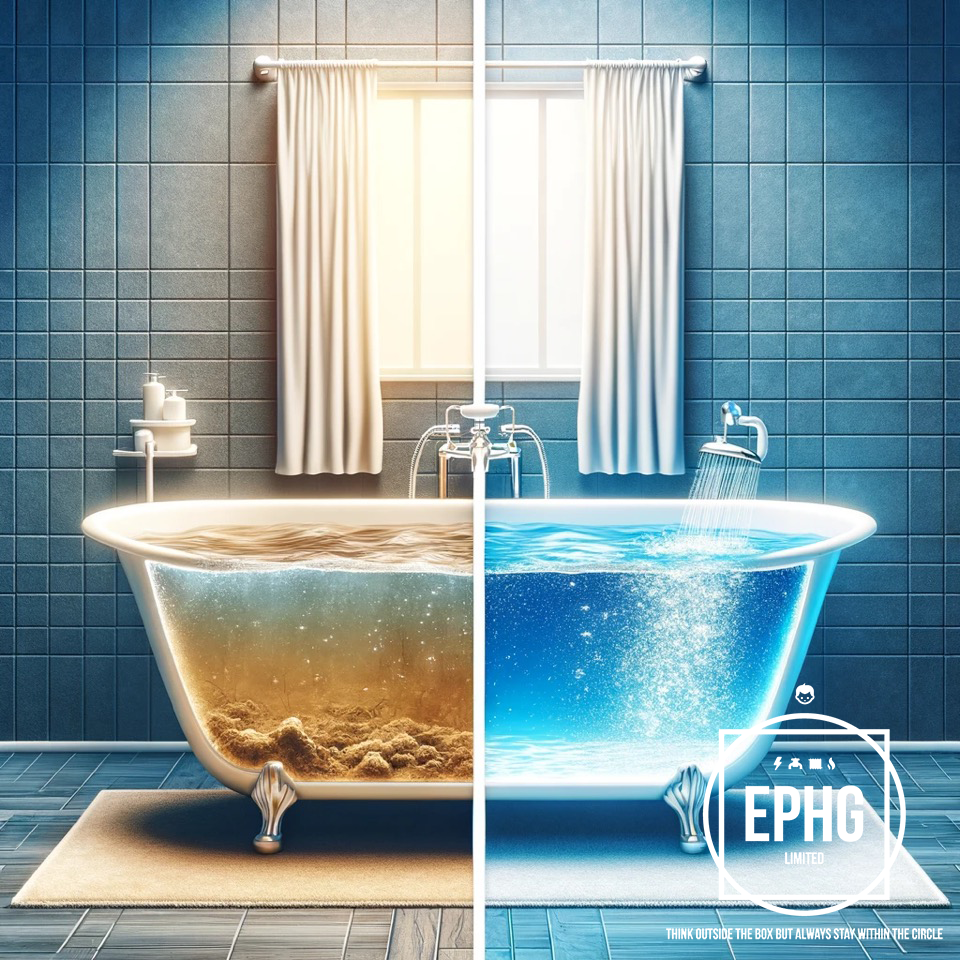
Understanding Discoloured Water: Causes, Risks, and Solutions
When you turn on the tap expecting clear, clean water and are instead met with a stream that is brown, yellow, red, or even green, it can be more than a little disconcerting. Discoloured water is not only unappealing to use but can also signal underlying plumbing problems that may require immediate attention. Understanding the causes of discoloured water and recognizing when to call an emergency plumber can save you from potential health risks and costly repairs down the line.
What Causes Discoloured Water?
Discoloured water can originate from a variety of sources, each indicating different issues within your plumbing system or the local water supply:
- Rust and Corrosion: Older pipes made of iron or steel can rust over time, leading to reddish or brownish water. This is common in homes with aging plumbing and can pose a health risk if ingested over long periods.
- Sediment Build-Up: Accumulations of minerals and other materials can cause water discoloration. If your water comes from a well, sediment, silt, or sand could be the culprits.
- Water Main Breaks: A break in the municipal water main can introduce dirt and other contaminants into the water supply, leading to discoloured water throughout your neighborhood.
- Plumbing Repairs or Changes: After local plumbing work or changes to the community water system, you may notice discoloured water as sediments are disturbed.
- Bacterial Growth: Certain types of bacteria can proliferate in water systems, particularly in hot water heaters, leading to odd colors and smells.
- Chemical Reactions: In some cases, chemical reactions between water and plumbing materials can lead to discoloration. For example, high levels of copper or brass can turn water blue or green.
Health Risks Associated with Discoloured Water
While not all discoloured water poses a health risk, it's essential to take it seriously. Water tainted with rust, for instance, is not typically harmful in small quantities, but prolonged exposure can be problematic. On the other hand, water contaminated with bacteria or hazardous chemicals poses a more immediate health risk. If you're unsure about the safety of your water, it's best to use bottled water for drinking and cooking until the issue is resolved.
When to Call an Emergency Plumber
If you notice a sudden change in water color, it's crucial to determine the cause as quickly as possible. Here are several scenarios where calling an emergency plumber is advised:
- Persistent Discoloration: If the water remains discoloured for more than a few hours or returns repeatedly, it's time to call a professional.
- Widespread Issue: If your neighbors also experience discoloured water, the problem might be with the municipal supply. However, if only your home is affected, the issue likely lies within your property's plumbing.
- Associated Plumbing Issues: If discoloured water is accompanied by low water pressure, strange noises of water in the pipes, or visible signs of pipe damage, an emergency plumber can diagnose and resolve the problem.
- Health Concerns: If anyone in your household experiences health issues that might be related to water quality, such as gastrointestinal problems or skin irritation, seek professional help immediately.
Preventative Measures and Solutions
Regular maintenance is key to preventing plumbing issues that can lead to discoloured water. Schedule annual inspections with a licensed plumber to keep your system in check. If you have old, corroded pipes, consider replacing them with modern materials like PVC or copper.
Installing a whole-house water filtration system can also protect against sediment and contaminants, ensuring that your water remains clean and clear. Additionally, flushing your water heater annually can prevent bacterial growth and sediment build-up.
Conclusion
Discoloured water is a sign that should not be ignored. By understanding the potential causes and risks associated with discoloured water, you can take prompt action to safeguard your home and health. Remember, when in doubt, calling an emergency plumber is always the best course of action to ensure that your water supply is safe and your plumbing system is in good working order.

